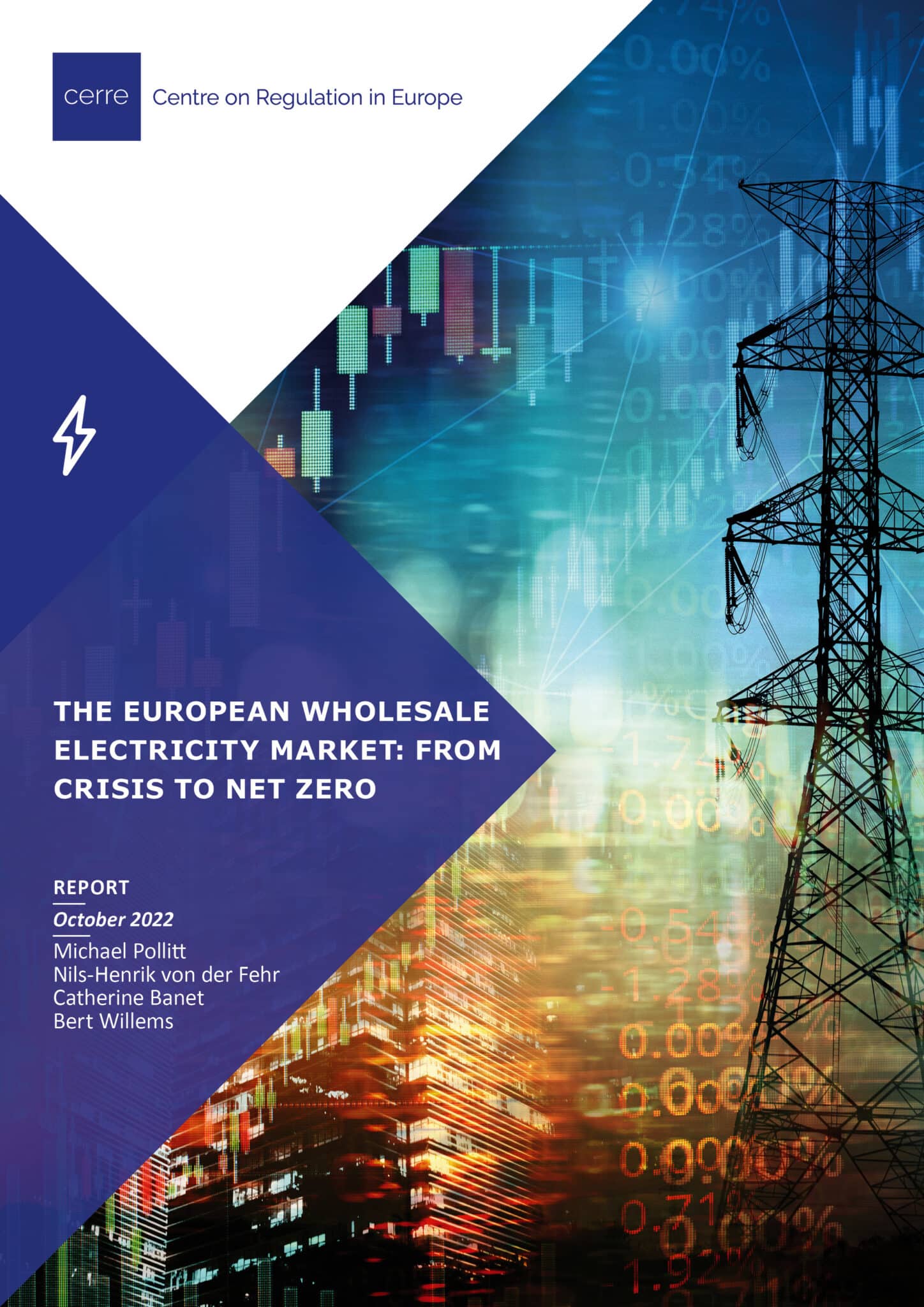University of Cambridge
Michael Pollitt is Professor of Business Economics at the Judge Business School, University of Cambridge. He is an Assistant Director of the university’s Energy Policy Research Group (EPRG) and a Fellow and Director of Studies in Economics and Management at Sidney Sussex College, Cambridge. Michael is an elected Vice President (for Publications) of the International Association for Energy Economics (IAEE). He is a former external economic advisor to Ofgem.
Michael Pollitt is Professor of Business Economics at the Judge Business School, University of Cambridge. He is an Assistant Director of the university’s Energy Policy Research Group (EPRG) and a Fellow and Director of Studies in Economics and Management at Sidney Sussex College, Cambridge. Michael is an elected Vice President (for Publications) of the International Association for Energy Economics (IAEE). He is a former external economic advisor to Ofgem.






